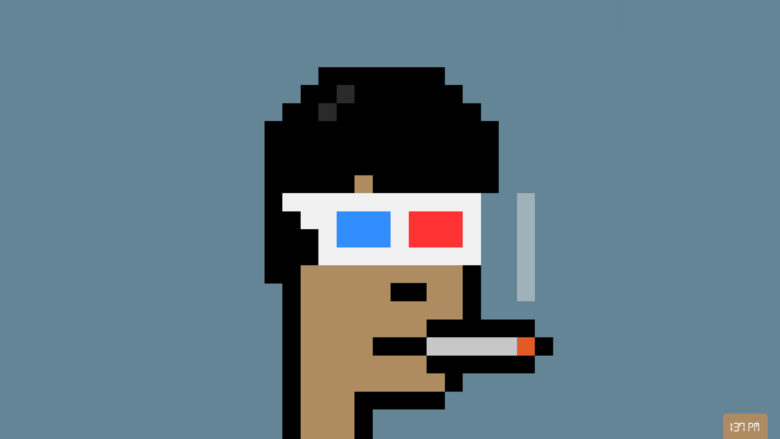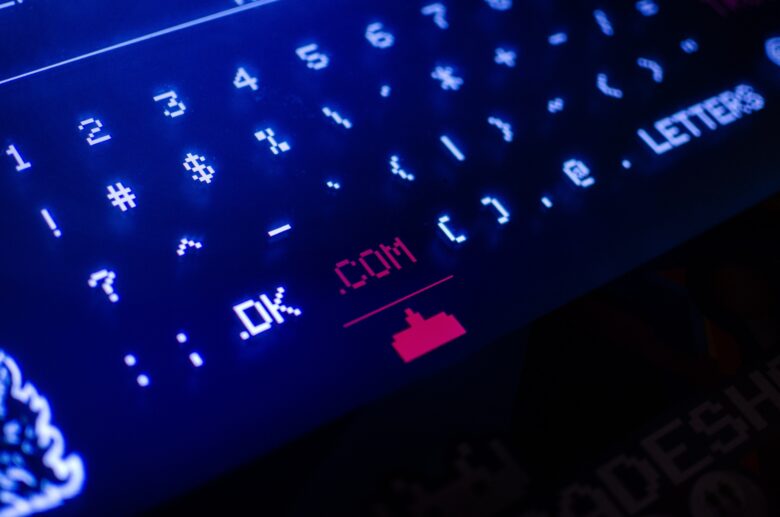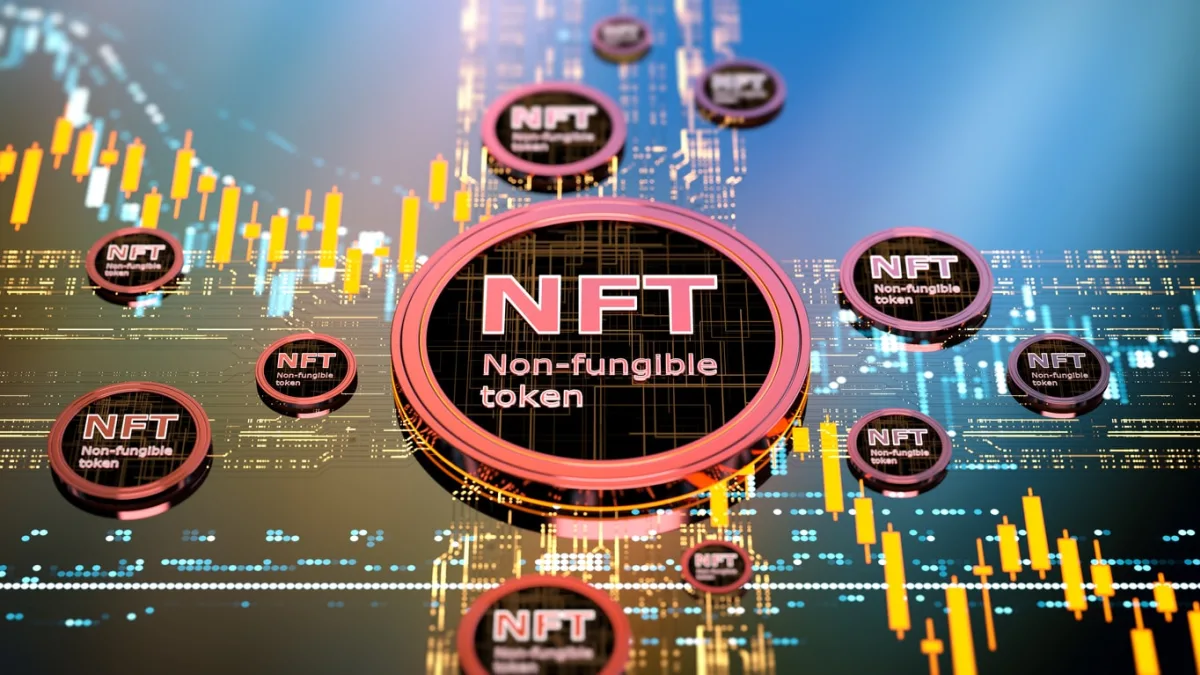As the popularity of non-fungible tokens (NFTs) continues to grow, more use cases are coming up. Similarly, many prospective investors are beginning to question whether they are a good investment or a fad. Real-world examples and use cases of NFTs are necessary to assess the technology’s worth, sustainability, and future.
Virtual and real-world assets may be represented by digital tokens known as NFTs. What NFT means, is simply a new way to make money digitizing assets, monetizing intellectual property, and validating the validity of real assets on the internet, notwithstanding their developing pains as a technology and a financial instrument. A growing number of expensive, rare, and distinctive goods are authenticated through this method.
Even though NFTs have not yet been too widely used, proponents of the technology claim that the foundation is being built for future applications. We see a lot of non-fungible tokens issued in the spheres of art, music or social media. However, it is expected that NFTs will be of more use in other industries. Look at some of the ways NFTs can be helpful in business.
1. Documentation and identity verification

NFTs can revolutionize personal identity management, but the technology is still in its infancy. You can use NFTs to tokenize documents such as academic certificates, licenses, and other credentials, as well as medical records, birth and death certificates. It is possible to issue an NFT that may be traced back to the identity owner for certification.
This means that using NFTs to store medical records, personal information, and other sensitive data digitally provides individuals more control over their information and may help avoid identity theft. In the future, licenses and passports might be issued based on the same principle. You can use a mobile app to implement NFTs, although some of the intricacies of the technology are still in the works.
NFTs may also be used for vaccination passports, which is a related application. San Marino has adopted NFT COVID-19 vaccination passports. Tokens will aid in document authentication and counterfeit prevention.
2. Ownership of domain names

Typically, domain names are controlled by the Internet Corporation for Assigned Names and Numbers (ICANN), and there is little supervision of these domains. This gives rise to security and censorship issues. However, by engaging an NFT service company, owners of domains in a blockchain system may control them using private keys. Check out this website to learn more about how NFTs can be used in your enterprise and your domain.
Blockchain domain names are permanently recorded in a public registry. Using blockchain domain NFTs, domains may be easily traded and customized. ENS and Unstoppable Domains provide Crypto-addresses akin to Instagram or Twitter handles, two decentralized alternatives to the regular DNS. However, each name must be unique. ENS and Unstoppable Domains enable users to purchase and sell crypto-addresses, although Instagram and Twitter users cannot sell their identities as they actually don’t belong to the users.
3. Art, high-end fashion, professional sports, and other souvenirs

NFTs have found a home in collectibles, art, and virtual worlds industries, among others. Another area with much prominence is NFT in sports. Now, artists, athletes, and brands with their followers and fan bases can interact and engage through digital pictures, fashion items, sports moments and memorabilia, and artwork.
Sports fans are vastly known for their interest in collecting special cards with their favorite players or the most notable games moments, which explains why the interest for the NFTs has skyrocketed in this niche. NBA Top Shots is the most prominent project in the sphere, and it has proved to be a financial success. This is a huge market signal for other entrepreneurs who are at least slightly familiar with NFTs.
In crypto-art and other entertainment applications, the capacity to digitally verify the legitimacy of their authenticity and ownership is the most important factor in their worth. NFTs may be used to verify the authenticity of goods in high-risk sectors, such as art, luxury goods, or other collectibles.
To avoid plagiarism and creative theft, artists use NFTs for art and other applications that cannot be changed or replicated. The uniqueness and rarity inherent in physical art can be replicated in digital art thanks to NFTs. A vendor or artist’s origins may be traced back to them. It is also possible to check the artwork’s selling price and the number of previous sales thanks to blockchain and the way it functions.
4. Logistics and supply chain management

Products are authenticated, their quality is ensured, and NFTs along the supply chain verify their provenance. The immutability and transparency of NFTs on the blockchain make them ideal for logistics applications. Knowing where the commodities have been and how long they have been there is essential in the food and other perishable sectors.
There are already a lot of examples of blockchain projects in the domain of supply chain management and food compliance, Food Trust by IBM and Nestlé, and Carrefour collaboration just to start with. However, NFTs will be a good addition to these ongoing projects.
Anti-counterfeiting, supply chain tracking, and uniqueness assurance are all provided by NFTs. NFTs may also give information on each material and component in a specific product for firms like the automobile industry. This might aid in cost-cutting measures. To monitor the usage of recyclable and sustainable materials, NFTs might also bring a lot of value.
Conclusion
NFTs are a valuable technology with many uses in business. The ability to track and authenticate the source of a product and its legitimacy is perhaps the most prominent of all. In a world where fraud and counterfeiting are common, many more businesses would do with a good way to track and determine the legitimacy of products.
Right now we are most familiar with NFTs as we hear that another celebrity or a sport star or blogger has tokenized their art, music, video or tweet. This can make us think that the technology can’t go beyond creating more hype around celebrities. But having a closer look at the basics of the technology allows us to see that there’s so much more we can do with it. This will be a win situation for businesses that will be able to sort out the wheat from the chaff and invest into innovative systems.


